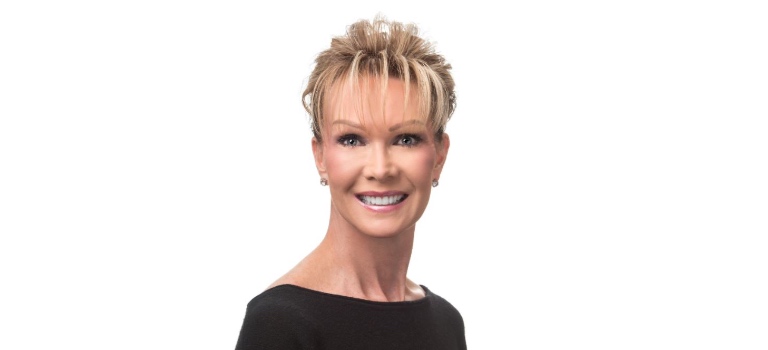Yale PA Online Welcomes New Faculty Member Linda Lang

Linda Lang, RN, MPAS, PA-C, DFAAPA
Yale School of Medicine’s Physician Assistant (PA) Online Program is excited to welcome its newest faculty member, Linda Lang, RN, MPAS, PA-C, DFAAPA, who will serve as both an instructor and student advisor.
For nearly 30 years, Lang simultaneously has taught future PAs and practiced as a PA in a variety of disciplines, with a special interest in nephrology and preventive care. With her dual focus in academia and clinical practice, and her experience with online curricula, she looks forward to meaningfully contributing to the Yale PA Online faculty team.
Finding a balance between the classroom and the clinic
Lang began her PA career shortly after graduating from PA school at Midwestern University in 1995. As a standout student, she was offered an opportunity to join her alma mater as an adjunct professor. She accepted and found a natural flair for teaching.
“Even in my first year, the feedback from my students was really great,” shared Lang. “I would have students tell me, ‘I’ve never been able to understand this topic, and you made it crystal clear.’” While she was successful as a teacher, Lang still was interested in continuing her work outside of the classroom. Ultimately, she decided to split her time evenly between academic and clinical work.
In 2010, Lang left Midwestern to join Northwestern’s Feinberg School of Medicine, where she was one of several founding faculty members of the school’s PA program. Lang’s exceptional teaching ability and extensive experience designing problem-based coursework enabled her to contribute significantly to the new program, while nourishing her passion for PA education.
“In my third year at Northwestern, I really turned a corner,” said Lang. “That’s when I started to realize and believe that I could make a real difference for my students, and the medical community, through education. But I also maintained my clinical practice at the same time because I truly believe that there’s no better way to teach than by bringing your clinical experience into the classroom.”
Above all, Lang prioritizes student achievement and growth. An academic achievement award in her name is given annually to a Northwestern PA student who demonstrates exceptional academic performance and leadership. “Ultimately, having an academic achievement award that will carry my name in perpetuity means the most to me,” said Lang.
Designing PA online coursework
As a course director and instructor at Northwestern, Lang designed the program’s first asynchronous lecture series, comprising eight courses. “It’s honestly no different than the classroom,” said Lang. “As an instructor, you just have to be a little clever when it comes to keeping students engaged.”
When COVID-19 disrupted classroom-style learning around the country, Lang’s experience played a critical role in helping Northwestern’s PA program make the jump to online learning in less than 48 hours. Her existing lecture series served as a blueprint for the entire program.
Contributing to the bright future of Yale PA Online
Lang believes online learning has advantages over traditional classroom learning. In addition to making PA degrees more accessible, online learning offers students more control over their coursework, said Lang. For example, students can rewatch parts of a lecture that they did not fully understand. Additionally, not having to travel to campus makes it easier for students to balance their coursework and clinical requirements. By not requiring students to relocate to attend PA school, the Yale PA Online Program also allows students to learn and practice in or near their home communities.
Lang says the flexibility of blended programs will lead to more PAs, which is important. “As made evident by the pandemic, we need more PAs in the world right now,” she said. The critical position that PAs fill in today’s medical landscape fuels Lang’s passion for continued progress in PA education.
As Yale PA Online’s newest faculty member, Lang hopes her years of hands-on clinical and academic experience in problem-based learning will further enhance the program’s coursework and provide students with a valuable academic and clinical perspective.

